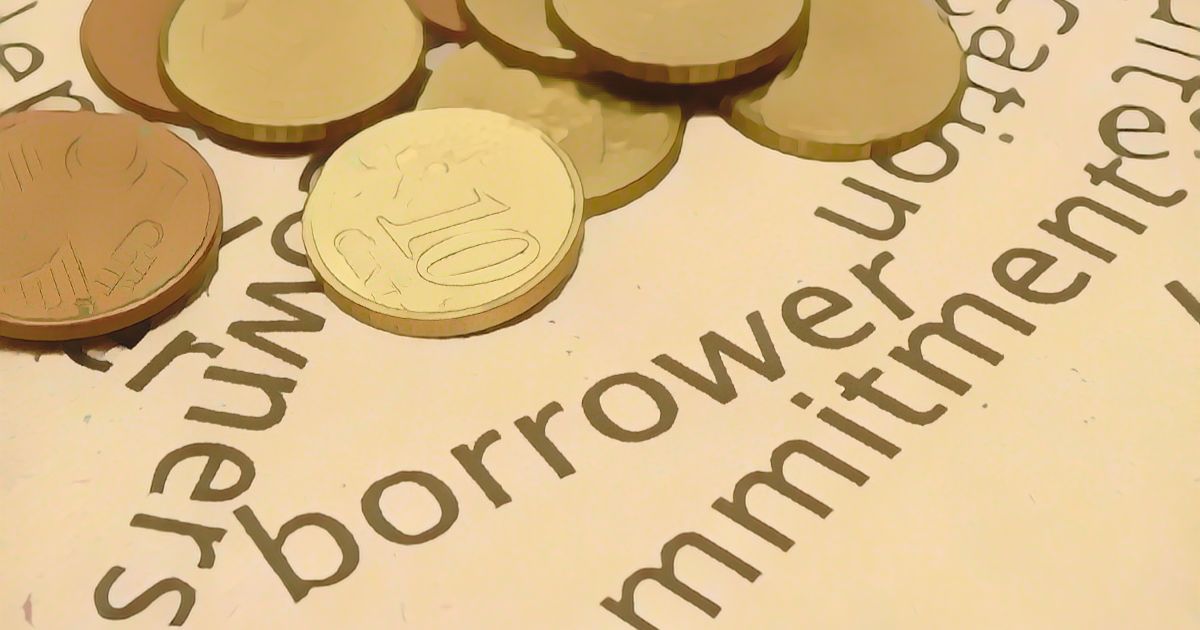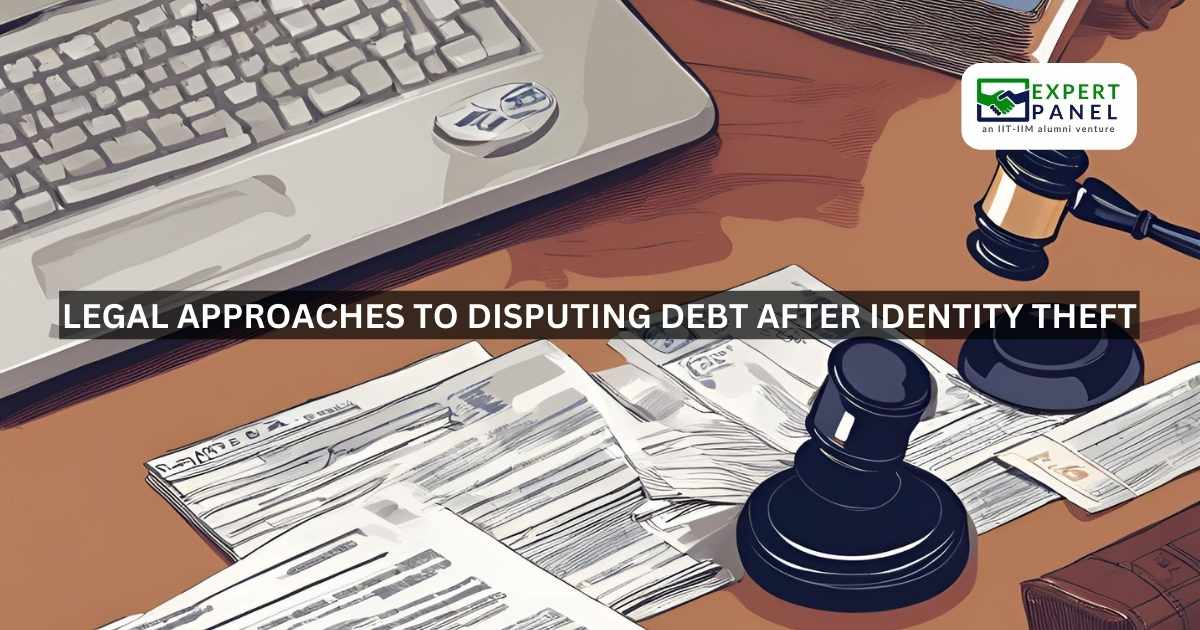· Debt Resolution · 3 min read
Risks of Default When Managing Multiple Loans in the Same Account
Managing multiple loans within the same account can quickly become overwhelming, especially when juggling both secured and unsecured debts. The risks of defaulting on either loan are significant, with potential consequences ranging from asset seizure to legal action and long-term damage to your credit score.
.CmHEdxDP.jpg)
Managing multiple loans, particularly when both secured and unsecured loans are linked to the same bank account, can be financially complex. Defaulting on either loan can have significant consequences. In the case of secured loans, assets like property may be at risk of repossession, while unsecured loans can lead to aggressive debt collection and negative credit impacts. Understanding these risks and consulting with financial or legal experts can help you navigate the situation and avoid severe financial consequences.
Understanding Secured and Unsecured Loans
Secured Loan: Secured by assets like a house or car. Defaulting on the loan can result in the lender seizing your assets (house or car).
Unsecured Loan: Not backed by assets. Although this is less risky for the lender, if you default, it can seriously hurt your credit score and might lead to legal trouble.
The Risks of Defaulting on One Loan
When you have both a secured and an unsecured loan in the same account, defaulting on either one can set off a chain reaction:
Defaulting on the Unsecured Loan:
a) Credit Score Damage: This is the most immediate and significant consequence. A default will drastically lower your credit score, making it difficult to obtain future loans, credit cards, or even housing.
b) Legal Actions: The lender may pursue legal action to recover the debt, including issuing collection notices, filing lawsuits, or obtaining a court judgment, which could lead to wage garnishments or asset seizures.
c) Increased Interest Rates: Increased interest rates on future loans are a common consequence of damaged credit due to loan defaults. Lenders view borrowers with poor credit as higher risk, so they increase interest rates to offset that risk. This means that any new loans or credit lines you apply for will likely carry significantly higher interest rates, making it even more expensive to borrow money in the future and potentially harder to get approved for loans.Defaulting on the Secured Loan:
a) Asset Seizure: The lender can seize the asset used as collateral (house, car, etc.) to recover the loan amount.
b) Legal Actions: Similar to unsecured loans, legal proceedings can be initiated.
c) Credit Score Impact: While not as severe as defaulting on an unsecured loan, it will still negatively affect your credit score.
To Manage Your Loans Effectively, Seek Professional Help
To avoid such dire consequences, seek professional help to clarify your financial situation. Our advocates are guiding numerous people who are facing financial problems. They will study your case and provide you with potentially better terms. If you are struggling to manage your debts, seeking consultation always helps.
Conclusion
Remember, early detection and proactive measures are key to preventing a financial crisis. Regular monitoring of your accounts and maintaining open communication with your lenders can help you stay on top of your financial obligations. Additionally, setting aside an emergency fund and seeking professional advice when needed can help safeguard your financial future.



